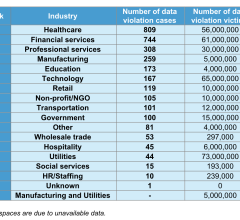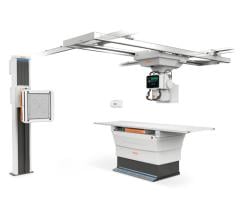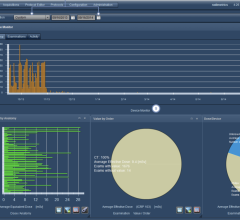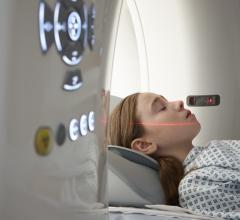
Greg Freiherr has reported on developments in radiology since 1983. He runs the consulting service, The Freiherr Group.
Will Robots Replace Doctors?
The medical community buzzed a couple of weeks ago as word spread of technology guru Vinod Khosla’s prediction that the future of medical practice would be more robot than doctor. During the Health Innovation Summit held in San Francisco, the co-founder of Sun Microsystems and present-day Silicon Valley investor said computer-generated decisions, based on broad patient datasets, would lead to better healthcare than can be delivered by the average doctor (http://rockhealth.com/2012/09/vinod-khosla-at-hisum/).
Algorithms operated by devices seeded with artificial intelligence would provide objective analyses, he said, ones that physicians today largely cannot do because of embedded procedures and hackneyed ways of thinking about healthcare. This led Khosla to conclude that at least 80 percent of doctors could be replaced by software.
To be sure, radiologists wage battle against this kind of thinking every day. Look at the battle to reduce patient exposure to radiation. Despite a broad-based consensus that children comprise the group of patients most sensitive and vulnerable to ionizing radiation, emergency room doctors often order computed tomography (CT) scans of children with minor head injuries, when several hours of observation has been shown to be just as effective. (Donnelly, LF. Reducing Radiation Dose Associated with Pediatric CT by Decreasing Unnecessary Examinations, AJR February 2005, 184: 655-657) This is done with the support, even at the insistence, of parents.
We are, after all, humans, driven by emotion as well as reason. Fear is among the most powerful. It fuels our actions, as in the case of fear of litigation. When combined with love for a child who we fear may be severely hurt, it’s damn the radiation…fire up the CT.
In Khosla’s future, machines would call the shots. Their decisions would be based on algorithms. Some would argue, current day healthcare already is. Diagnosticians are taught to think horses not zebras; to consider common ailments before rare ones. The Hippocratic oath leads radiologists to recommend ultrasound as a first step, when possible.
What Khosla is promoting, however, is machine-based reasoning that breeds a level of objectivity unattainable by people, an objectivity based on data and applied with machine-based logic that gets sharper with experience. Underlying this argument is that machines don’t have to fight back fear or overcome love. They are incapable of either. Consequently, they can dispense cold-hearted objectivity that has the potential to make medical practice better.
I agree that such logic has the potential to make healthcare better, but only if resulting interpretations are applied by caring doctors, ones available in sufficient numbers to meet with and be part of patients’ lives.
In the end, medicine is about helping people — all people, not just those whose illnesses can be exactly determined and cured. If medical practice were reduced to algorithms, five-year survival rates would dictate treatment. Current medical practice would be an impenetrable ceiling. The concepts of fighting on, breaking the odds, faith, hope and prayer would be vanquished from medicine. And the human race would be much poorer for it.

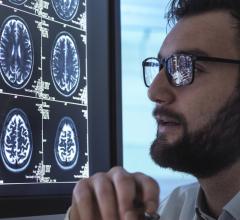
 May 14, 2024
May 14, 2024 
